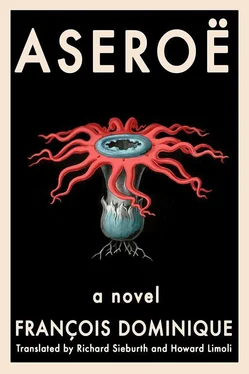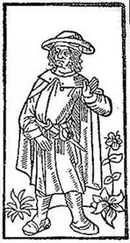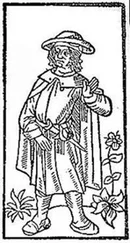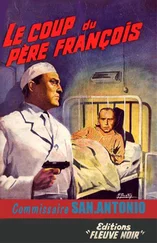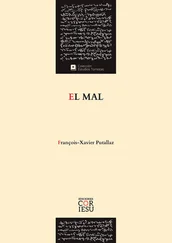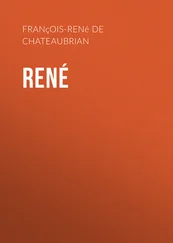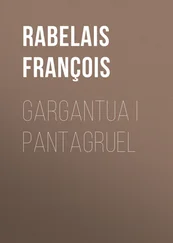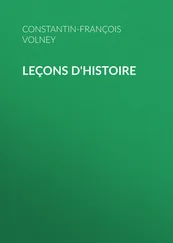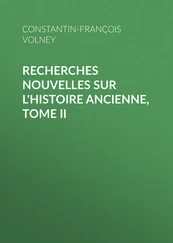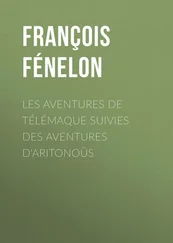François Dominique - Aseroë
Здесь есть возможность читать онлайн «François Dominique - Aseroë» весь текст электронной книги совершенно бесплатно (целиком полную версию без сокращений). В некоторых случаях можно слушать аудио, скачать через торрент в формате fb2 и присутствует краткое содержание. Город: New York, Год выпуска: 2020, ISBN: 2020, Издательство: Bellevue Literary Press, Жанр: Современная проза, на английском языке. Описание произведения, (предисловие) а так же отзывы посетителей доступны на портале библиотеки ЛибКат.
- Название:Aseroë
- Автор:
- Издательство:Bellevue Literary Press
- Жанр:
- Год:2020
- Город:New York
- ISBN:978-1-942658-78-8
- Рейтинг книги:5 / 5. Голосов: 1
-
Избранное:Добавить в избранное
- Отзывы:
-
Ваша оценка:
- 100
- 1
- 2
- 3
- 4
- 5
Aseroë: краткое содержание, описание и аннотация
Предлагаем к чтению аннотацию, описание, краткое содержание или предисловие (зависит от того, что написал сам автор книги «Aseroë»). Если вы не нашли необходимую информацию о книге — напишите в комментариях, мы постараемся отыскать её.
Aseroë — читать онлайн бесплатно полную книгу (весь текст) целиком
Ниже представлен текст книги, разбитый по страницам. Система сохранения места последней прочитанной страницы, позволяет с удобством читать онлайн бесплатно книгу «Aseroë», без необходимости каждый раз заново искать на чём Вы остановились. Поставьте закладку, и сможете в любой момент перейти на страницу, на которой закончили чтение.
Интервал:
Закладка:

The next morning, I was glad to meet up with the painter Bálint in Szentendre. We walked slowly through the alleyways; he showed me the designs on the windows, the wrought-iron decorations, the statuettes, pointing out the various architectural details of the houses. The old man often halted in the middle of his sentences to catch his breath. We drank some coffee as we spoke of painting; then he left, making me promise to come see him before I left Budapest. I was planning on buying two of his drawings. They are in my study as I write this: a tumbril for the dead, the seventh arcanum joined to the thirteenth, both the color of dawn—black, blue, white.
One hour later, I settled into a börözo (a cellar tavern) and ordered some excellent kéknyelü from Badacsony, some bread, and some fruit. I had brought along a book of short stories by Kostolány and picked out a quiet spot in a corner.
I found the reading so riveting that I lost track of time, and when I looked up it was getting dark. The börözo was filled with customers who had just finished their workday. Glancing behind me, I saw a group of young people and two lovers who were kissing passionately. A drowsy old man was trying in vain to raise his head, and next to him, on the other side of a pillar, a young woman was writing letters. She had seen me arrive, had smiled at me, and had forgotten me the whole time I was reading (though I was watching her, distractedly, while appearing absorbed in my book). When I finally closed the book, I studied her features, her fine, long hands, and, as I looked at her pointedly, trying to remember where I had previously met her, she got up, arranged her letters in a blue canvas bag, approached my table, and introduced herself in German: “ Ich bin die Katalin Koszorú. Hallo, François .”
I invited the young woman to sit down, looking for a way to let her know—without appearing ridiculous—that I had already made her acquaintance. She picked up my book and leafed through it, putting on a serious air, as if to make fun of me.
“François, I saw you at the National Museum yesterday morning. You were standing in front of Gentile Bellini’s Catarina Cornaro , and I was behind you, against the window that you noticed just as you were leaving. Take a good look at me, I’m asking you.”
I complied with her request somewhat reticently, for I knew I would have to admit that I was here faced with a striking resemblance to the woman in the portrait. I was thinking about leaving as soon as possible, I was looking for any pretext, but Katalin interrupted me, placed her hands on mine, and said with a smile, “Relax, I’m just going to sit here and read.”

She opened the book, more or less in the middle, and told me how I had spent the previous day, dredging up the most minute details I had remembered. Alarmed, I heard her pronounce, word for word, the very sentences I would have formulated had I been asked to describe my disarray in front of Bellini’s portrait. I protested halfheartedly.
“You made it up. That’s not in the book, believe me.”
“Come on, you know very well I’m not joking.” She took up Kostolány’s book again and began to read from the same tale—the tale of how I had spent yesterday.
“Katalin, the tale you’re telling me isn’t in that book.”
“On a certain level, I understand you, François. What I’m saying isn’t in any book. All the same, here, just take a look….”
With her finger, she showed me page seventy-eight, where I read “All these rows of paintings are unbearable for me: bloodless nudes, idiotic portraits, nauseating crucifixions, ponderous battles….” I paled. Katalin leaned over and kissed me.
“So, do you recognize me now?” She drew nearer, placed her mouth to my ear, and murmured: “Katalin, Caterina, Katalin, Caterina…” She laughed at my confusion, then began to speak very rapidly about her work, about her hobbies, about her life. Her family lived in Pécs; she had two brothers and two sisters; she was taking business classes, but she really liked painting and cinema. When speaking of her everyday life, she made use of the words “my daily routine”— mein Alltagsleben in German—which hardly reassured me.
A few minutes later, she took my hand and placed it on her belly. “I’m expecting a baby; you can feel him, can’t you?” I touched her belly. My hand shook. “Yes, yes, I can feel him.” I ran over in my mind the first name of the woman whose belly I was now touching: Catherine, Katharina, Katalin, Caterina. “Come to my house,” she said.

We left the cellar and walked in the dark, without uttering a word. In front of her house, Katalin looked for her keys under the flagstone at the doorstep, opened the door, and pushed me ahead of her. “Go upstairs, François. I’ll follow.”
In the bedroom, Katalin proudly raised her dress up to her breasts, and in a low voice uttered this command: “Kiss my belly, François, and take me slowly, very slowly.”
At the back of the bedroom, on a dimly lit wall, hung the effigy of Caterina Cornaro . Her glance was calm now, but the image was empty. The woman who was offering herself to me had gently assumed the ardor of that ancient face.

I withdrew from Katalin; then she said in a hoarse voice, “Kiss the little one, François, kiss him with all your heart, or he’ll die.”
I placed my mouth between her legs, and there I spoke, there I sang. It wasn’t in the tongue of Goethe or of Bembo, but in a tongue—Katalina’s—whose meaning escaped me:
Fölfedett engem balra-jobbra
leomló társak kártya-szobra
elém tárul a tér ragyok
min úgyse változtathatok
“That’s enough! Now get up and leave, François! You must forget me forever.”
7

Aseroë
THERE ARE PROCESSIONS of words; beneath every funereal word the dead are gathered, beseeching us to lend them the power of saying “I” one last time. Is this voice our own?
The words travel from mouth to mouth, from book to book; a murmur arises and grows progressively louder as it disappears. Over the course of this process, stories fall to pieces; others, patched together, arise to replace them. Tawdry metaphors abound; in order to come up with a single decent image, the spoken word lacks a true road on which to travel from its origin to its final destination. I know nothing about this road; in the end, I allow myself to be led along by a language I do not know. Though I don’t really understand it, at times it seems to offer itself to me without my noticing.
The Testament of Orpheus, germinal words, a guardian angel, an aphasic Cassandra, a witness to lightning, the portrait of a young woman at once innocent and perverse—all these figures of forgetting guide my sentences. The procession of words goes from oblivion to oblivion. Each word, a sign of death and of life, of defeat and annunciation, relates the return of Orpheus, but his full story—barely glimpsed—escapes. I may collapse before finding what needed to be said in order to secure solace. Orpheus does not exist—which is why he so disturbs us.
Читать дальшеИнтервал:
Закладка:
Похожие книги на «Aseroë»
Представляем Вашему вниманию похожие книги на «Aseroë» списком для выбора. Мы отобрали схожую по названию и смыслу литературу в надежде предоставить читателям больше вариантов отыскать новые, интересные, ещё непрочитанные произведения.
Обсуждение, отзывы о книге «Aseroë» и просто собственные мнения читателей. Оставьте ваши комментарии, напишите, что Вы думаете о произведении, его смысле или главных героях. Укажите что конкретно понравилось, а что нет, и почему Вы так считаете.
